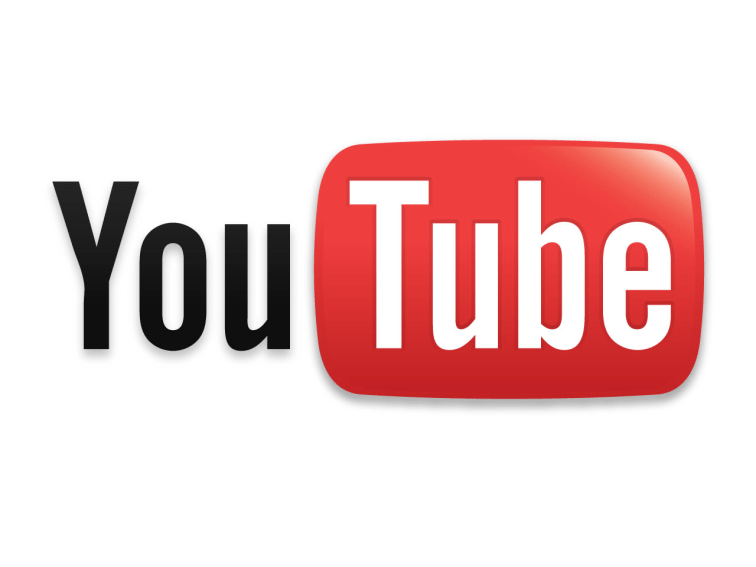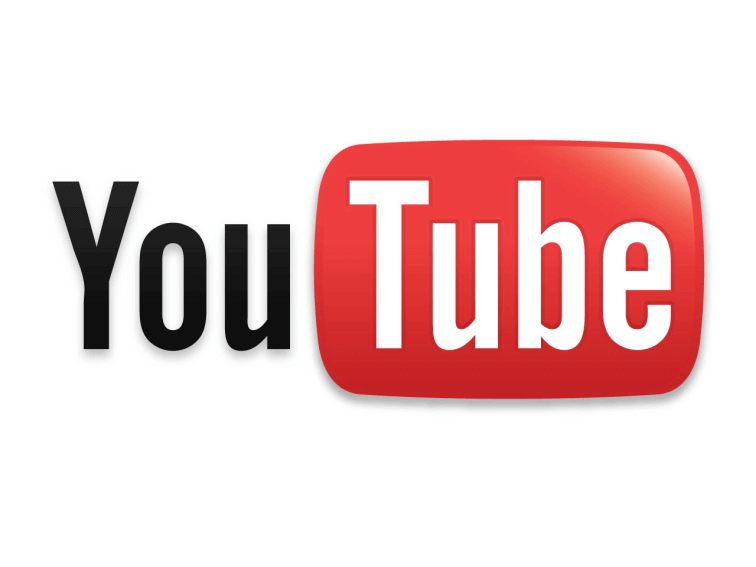
A YouTuber Would Probably Win If They Ran For President
by Terry Heick
In a democracy, the majority rules.
What happens, then, when the majority is wrong? I’m sure there are political science theories that ‘explain’ this problem, but I’m equally sure I wouldn’t be able to endorse that theory.
I’ve thought about this concept for years, mainly the effect of a citizenship lacking the critical thinking skills, will, time, or ‘cognitive endurance’ necessary to conquer increasingly complex and urgent tasks. If we’re all too busy or tired to care, what happens?
Poverty. Illiteracy. Aliteracy. Gun control. Sexism. Gender and identity. Racism. Global warming. Low financial literacy. New financial currencies. Credit crises. Opioid addiction. World economic markets capable of collapse. I truly believe that the world is better than its ever been, but as the population surges and pressures increase, we also have more than ever to lose.
The Trend Of Famous YouTubers
Full disclosure: I kind of have a problem with the term ‘YouTuber’ in the same way I don’t love the word ‘blogger.’ Defining a profession by the platform is a strange thing, like calling actors, ‘Netflixers.’ In a best-case scenario, a YouTuber is just a person who creates video content compelling to a certain audience–who then uses the YouTube platform to reach a large audience and monetize their effort. It’s not necessarily mission-based work, but the idea that is ‘bad’ is silly. Smarter Every Day remains one of the best examples of modern ‘informal education’ video content I’ve ever seen.
But the practice of children having unchecked access to personal screens–and the design of YouTube with the ‘suggested video’ sidebar that keeps ‘similar’ content coming endlessly, has changed the way we watch. And what we watch. And who watches what, when.
Blippi is a name I became familiar over the last year–more familiar with than I’d like to be. My two-year-old son loves Blippi more than he loves me and I’m sure I’ve seen every video six or eight times, minimum. (and this is with strict screen rules in our home).
As an extraordinarily successful (and exorbitantly wealthy) YouTuber, Blippi has made more money in the last two years than you or I will ever make in our entire lifetimes. (I refuse to link to his channel–the last video of his I saw was him at a beach with a Lamborghini.) This alone wouldn’t qualify him as being able to run for President (not to mention most of his fans aren’t voters.)
But with The Rock, Kanye West, and other celebrities having been linked to possible US Presidential runs, the idea that a ‘YouTuber’ could actually run isn’t as far-fetched as it seems. Ninja is a hero to a generation of children raised on ‘streaming’ and eSports. (Even Michael Jordan is investing in eSports, now.) PewDiePie, Casey Neistat, Logan Paul, and a host of other ‘YouTubers’ have reported net worths ranging from millions of dollars to hundreds of millions of dollars.
The very nature and source of celebrity is not just ‘changing,’ but has already changed. How this translates to political might is another conversation entirely, and one I’m not qualified to explore. My point is simply this: the world is changing more than we understand, primarily because what is changing and who is doing the changing aren’t as carefully scrutinized as we’d like to think–and it usually starts with the youth developing a value system and set of social currencies different than the one before them.
Which means yes, a YouTuber could run President and win.
You can read buzzfeed’s take on it.
